The True Meaning Behind Common Military Terms
Over the United States military’s long history, it has developed its own hacks, tactics, and even a complete language full of acronyms, slang, and unique phrases.
When speaking with a soldier or even watching a movie about the armed forces, you may hear certain words or terms that will have you scratching your head in confusion. But don’t worry—here are eleven of the most common military terms and what they mean.
AWOL
One of the most familiar military terms is AWOL, an acronym meaning “absent without leave.”
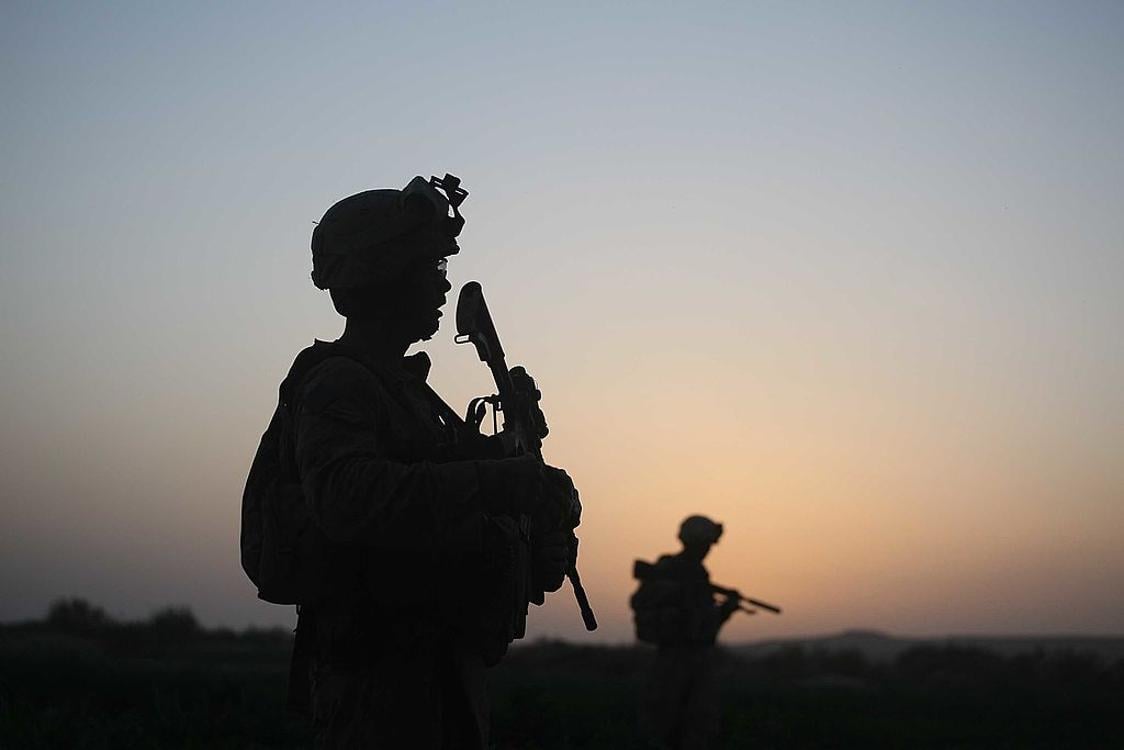
Source: Joe Raedle/Getty Images
This term will generally apply to military personnel who leave without permission and is explained in terms of a soldier who has abandoned their post.
‘Bite The Bullet’
Another expression you’ve likely heard is “bite the bullet,” a phrase that has a fascinating story behind it.
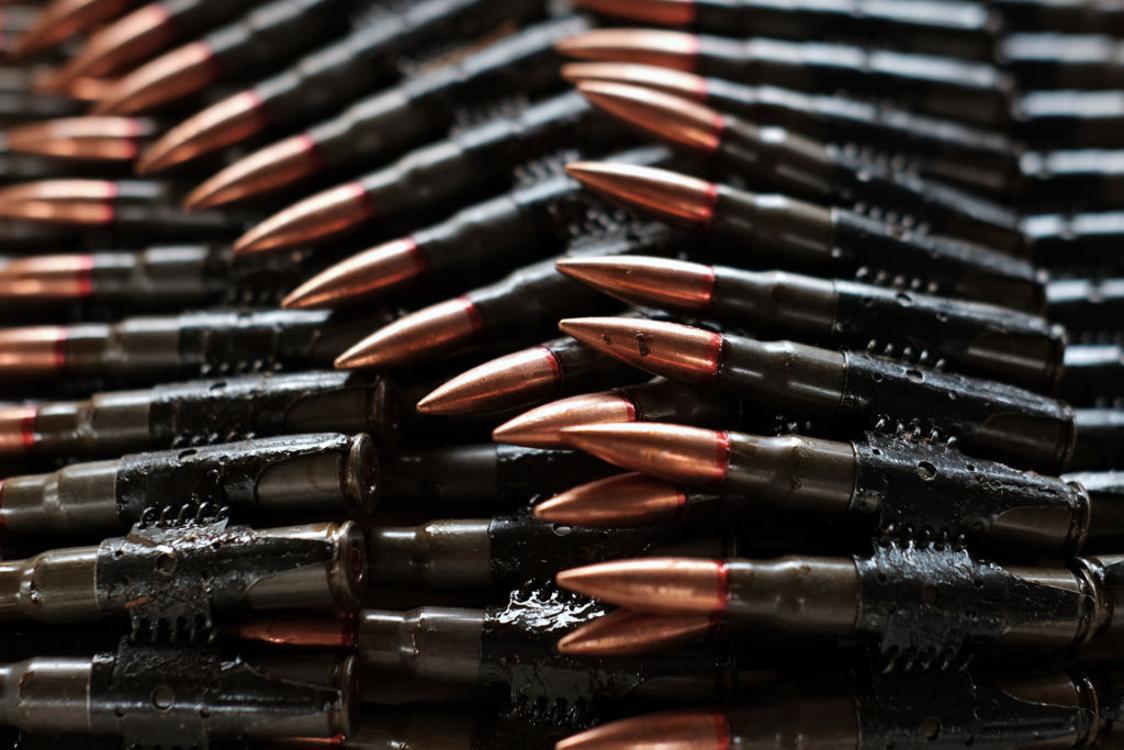
Source: Spencer Platt/Getty Images
According to legends, this saying is derived from a horrific scenario in which service members would bite down on a bullet during surgery on the battlefield to distract themselves from the excruciating pain.
BOG
A popular phrase used in the military and movies is BOG, which refers to combat troops who are deployed in another country.
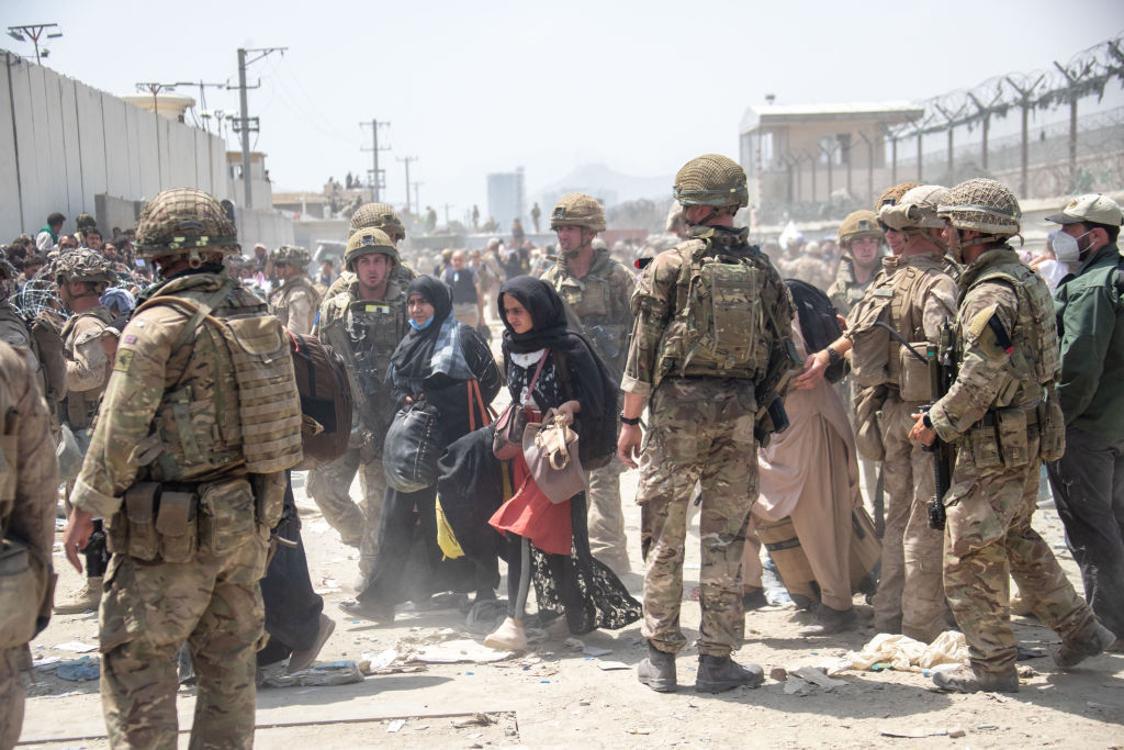
Source: Handout/Getty Images
The word is an acronym meaning “boots on the ground.” While the phrase has been criticized for referring to humans as mere boots, it’s still commonly used in the military.
Chow Down
A phrase you’ve likely heard many times is “chow down.” This popular phrase is thought to have originated in the military.
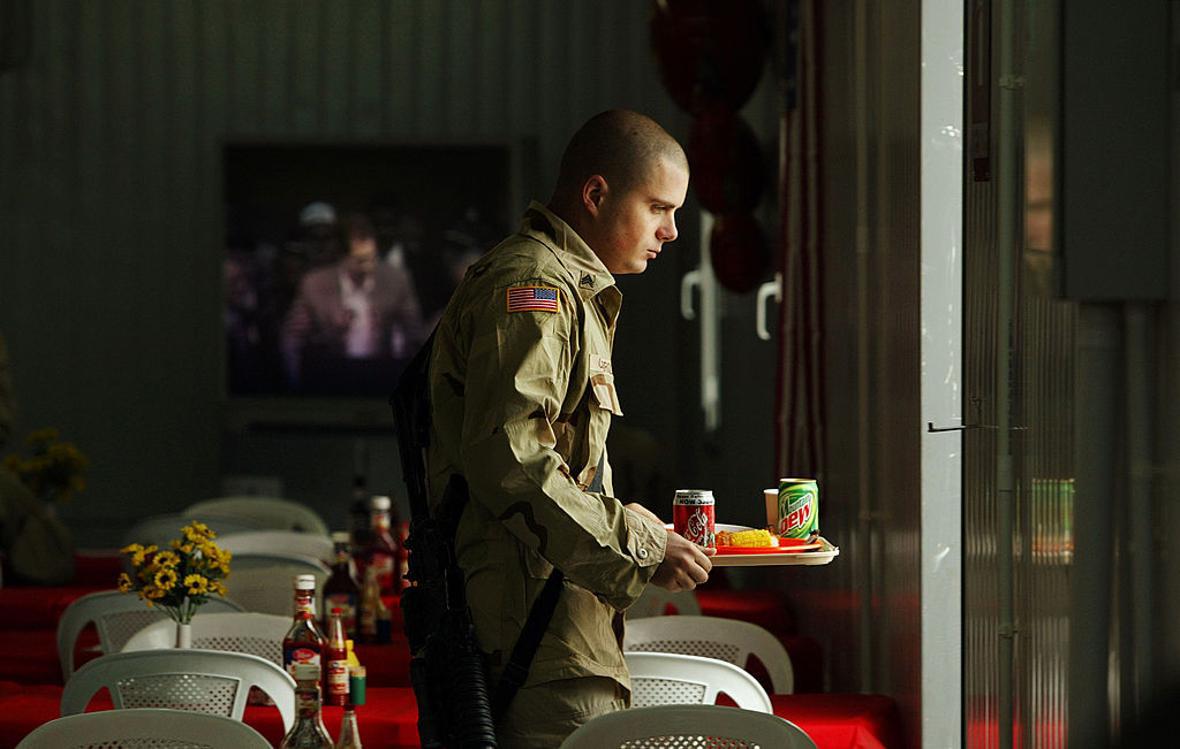
Source: Chris Hondros/Getty Images
The phrase literally means to sit down and eat. Chow is a typical word used by members of the armed forces in reference to food. Soldiers may say it’s time to chow, meaning it’s time for one of the shared meals in the mess hall.
‘Coup de Grace’
Our next phrase has become increasingly popular thanks to its use in the fourth installment of the John Wick franchise. However, it has its origins in the military
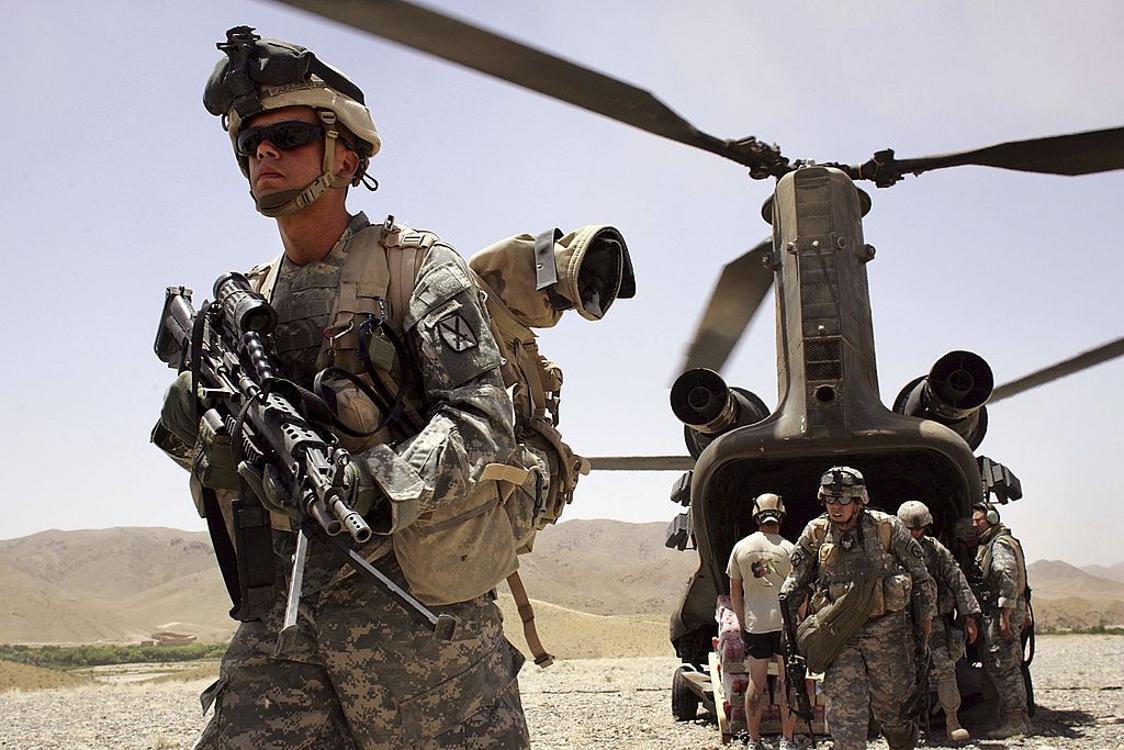
Source: John Moore/Getty Images
Coup de grace is French for “stroke of grace.” While it is generally associated with a mercy kill, the phrase is used with regard to the final action necessary to finish a task.
Dud
The term “dud” is typically used to refer to something that is not in working order. The technical origin comes from the Middle English “dudde,” which refers to worn-out clothing. It was later adopted by the military to refer to dysfunctional weapons.
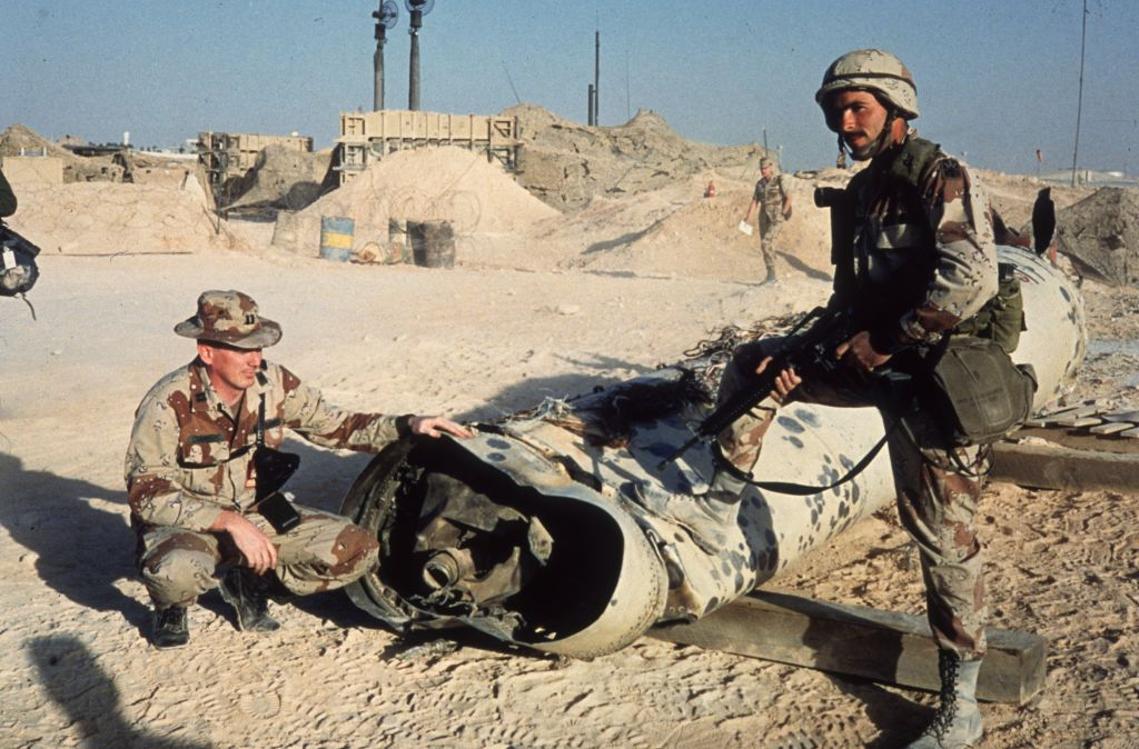
Source: Consolidated News Pictures/Getty Images
Now, the word is synonymous with junk, and is applied to just about anything or anyone that doesn’t work as it should.
FTA
“FTA” is another popular phrase used extensively in the military. It’s an acronym that means “failure to adapt.”
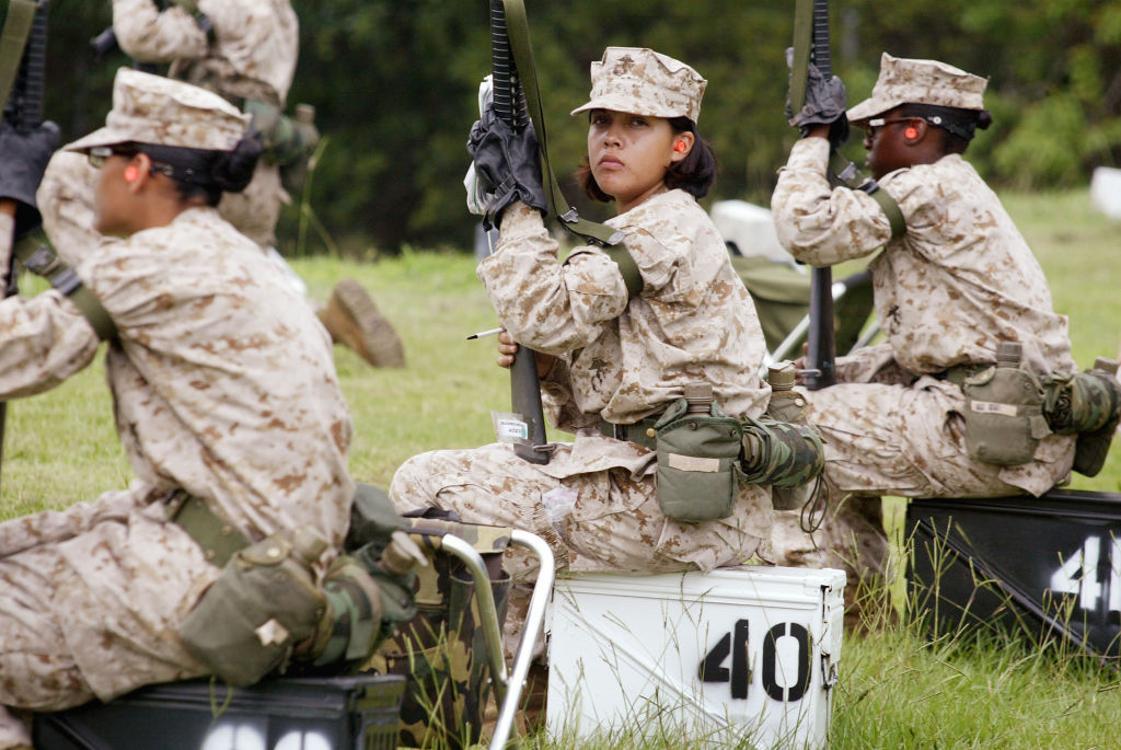
Source: Scott Olsen/Getty Images
In the armed forces, it’s common for a service member to be reprimanded or even discharged for their lack of versatility. Some modern workplaces even use the phrase when evaluating their employees.
FUBAR
The term “FUBAR” and its origins are wildly debated. Some people believe it’s German in origin and taken from the word “furchtbar,” meaning terrible. However, it is used extensively in the military and is an acronym that means “f***** up beyond all recognition.”
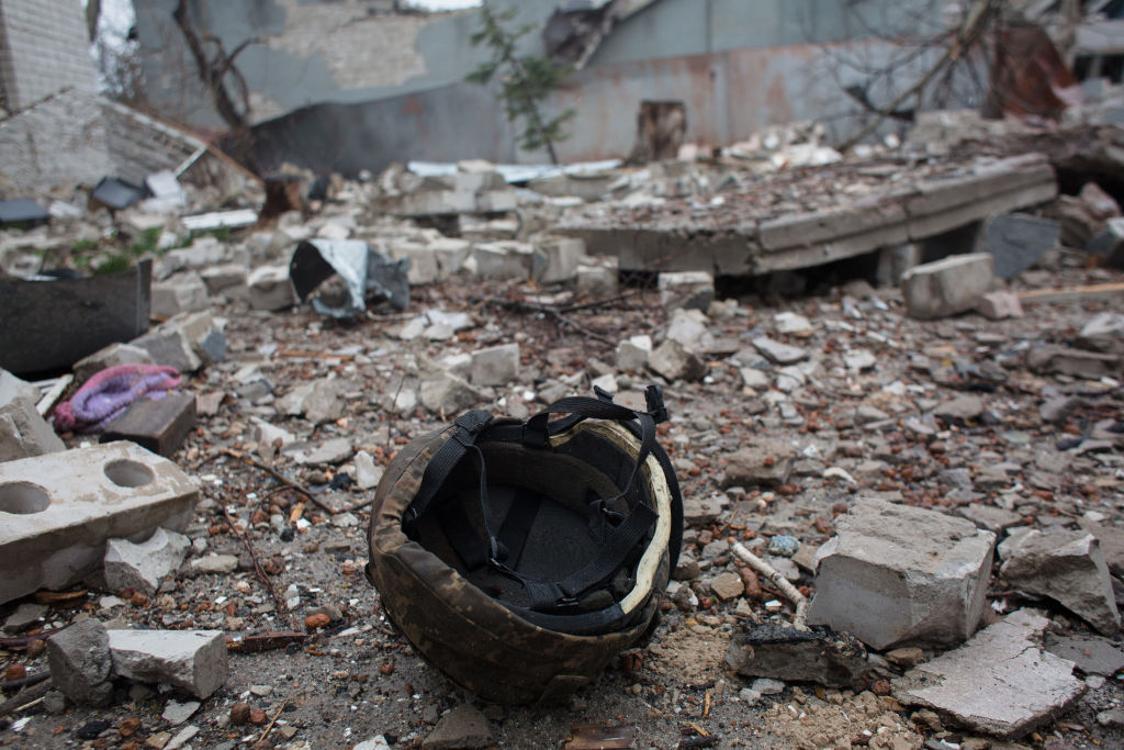
Source: Anastasia Vlasova/Getty Images
The term has further been popularized by films such as “Saving Private Ryan” and generally refers to a military operation that has gone very wrong.
Have Someone’s Six
To “have someone’s six” refers to a situation where someone looks out for a friend. It is generally used as a military term to refer to a soldier who’s physically watching what’s going on behind his comrades.
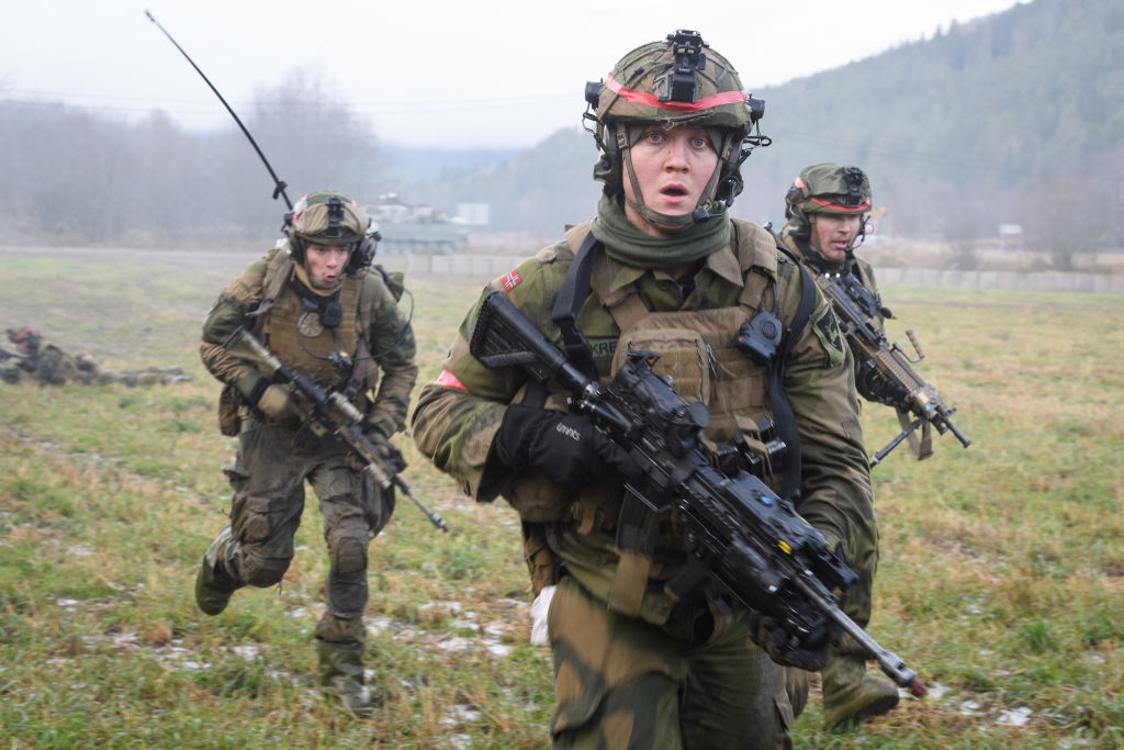
Source: Leon Neal/Getty Images
To watch someone’s six refers to a clock position—6 o’clock would indicate that you are watching what’s happening behind someone or, in some cases, below them.
JAG
A common phrase you may hear from those who have served in the military is “JAG,” which stands for judge advocate general. This title refers to the military’s senior judicial officer.

Source: Bettmann/Getty Images
In the United States, JAGs undergo extensive military law training before being appointed to a specific branch of the armed forces. Throughout their careers, they will offer legal advice and serve as lawyers for those who have been court-martialed.
Rack
In the military, “rack” is slang for bed. Almost all armed forces members going through boot camp will undoubtedly agree that the beds are pretty uncomfortable
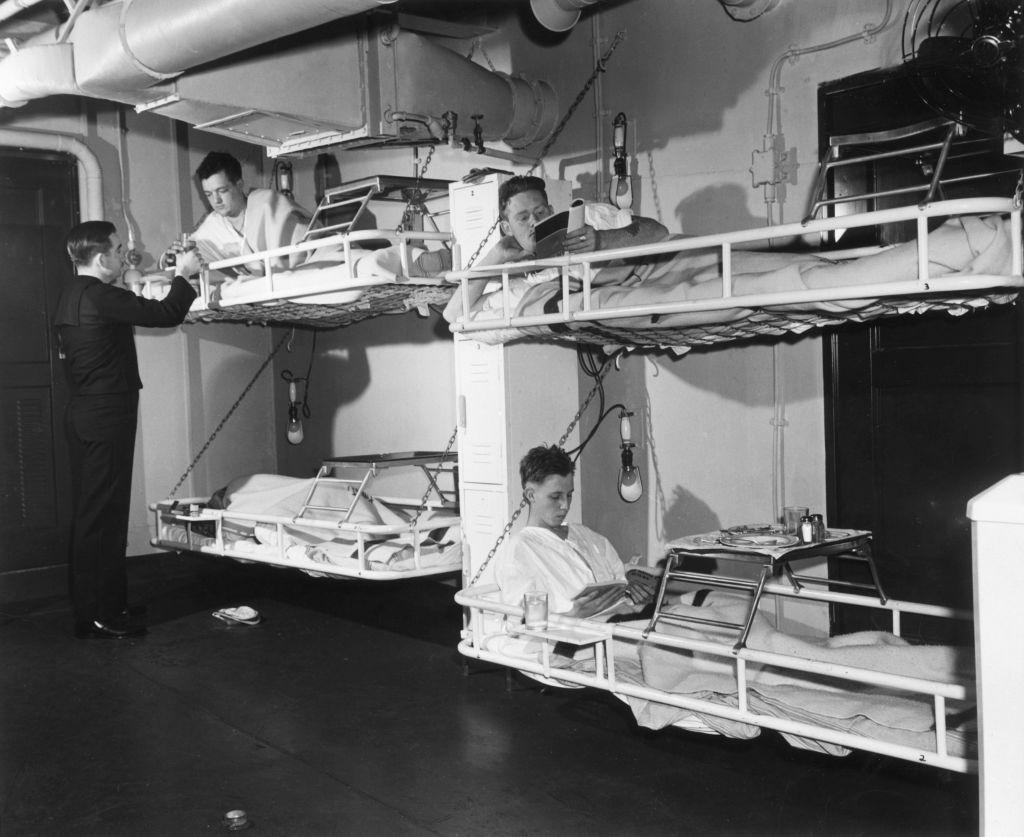
Source: Hulton Archive/Getty Images
The word rack is portrayed as a relatively stiff piece of metal, on top of which a thin mattress would be placed. This kind of bed is standard on military ships.
